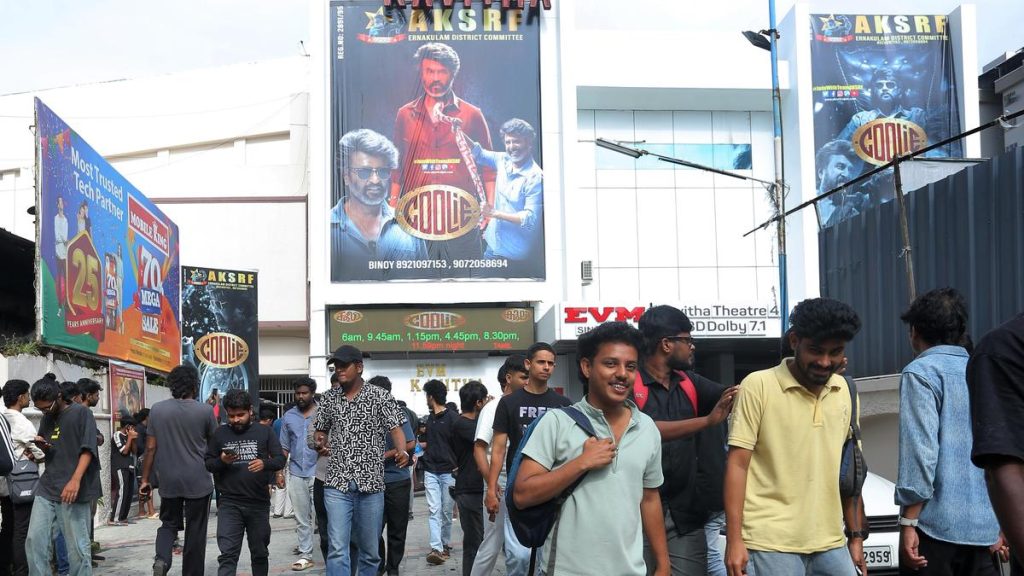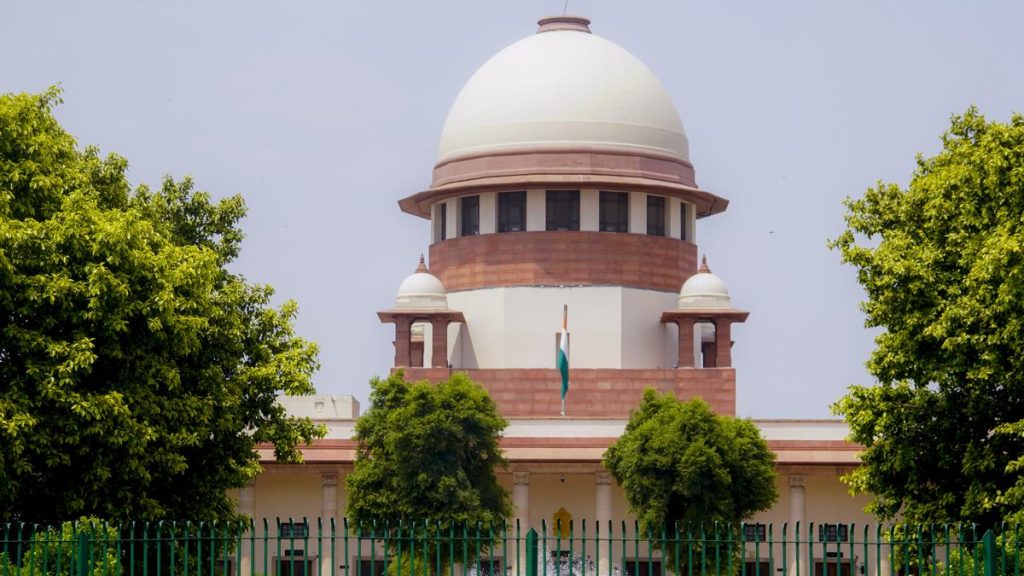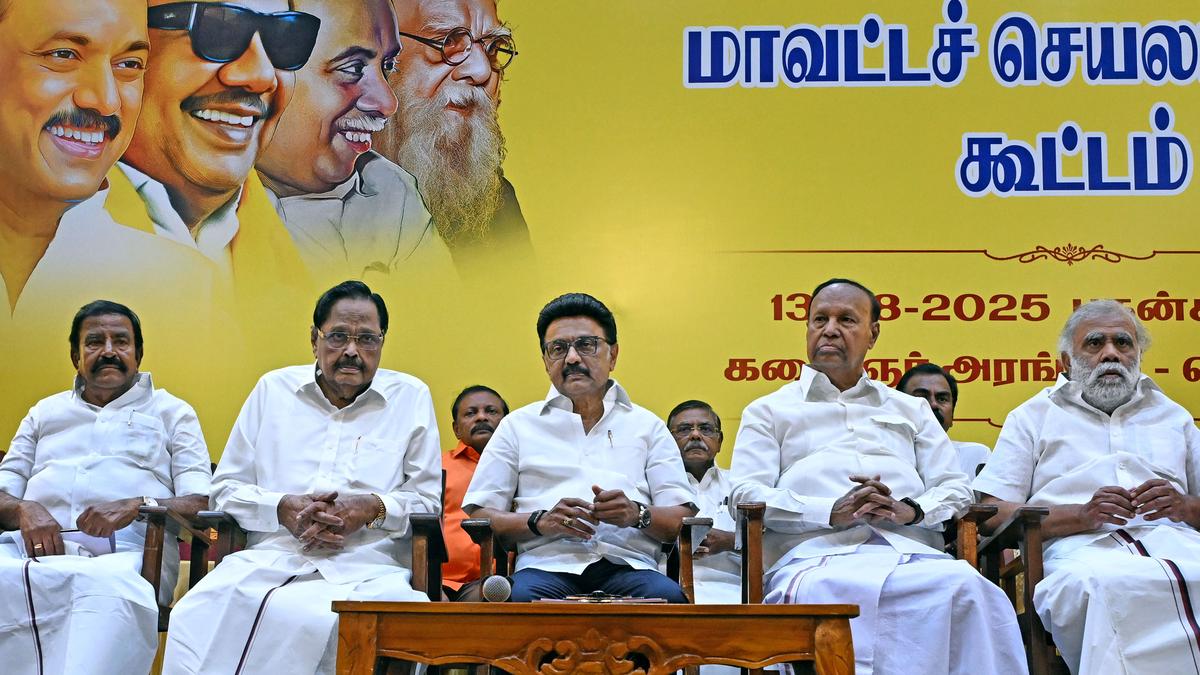Now Reading: CCB Files Charge Sheet in DGP Omprakash Murder Case, Excludes Daughter
-
01
CCB Files Charge Sheet in DGP Omprakash Murder Case, Excludes Daughter
CCB Files Charge Sheet in DGP Omprakash Murder Case, Excludes Daughter
Quick Summary
- The Central crime Branch (CCB) police filed a 1,150-page chargesheet in the murder case of retired DGP Om Prakash. His daughter Kriti has been given a clean chit as no evidence was found implicating her in the crime.
- Om Prakash, a 1981-batch IPS officer aged 64, was stabbed to death by his wife Pallavi at their HSR Layout residence over a property dispute on April 20, 2025.
- The chargesheet revealed Pallavi allegedly threw chilli powder on Om prakash’s face before stabbing him during an argument at the dining table. It stated that she acted alone and admitted duty for the killing.
- Pallavi reportedly made an ominous video call after the incident to another retired DG’s wife stating she had “finished the monster.”
- The murder case was originally registered against both Pallavi and kriti after Om Prakash’s son Kartikesh claimed his mother threatened to kill him over property issues. However, investigations cleared Kriti of involvement despite her presence in the house during the crime.
- Kartikesh further accused Kriti of persuading their father to return home from their aunt’s place days before his death.
- Both women underwent medical examinations; Kriti was admitted to NIMHANS for psychiatric evaluation.
Indian Opinion Analysis
This tragic case involving senior police official Om Prakash raises complex societal concerns revolving around family disputes escalating into violence. With property disagreements identified as central to this incident, it highlights how financial struggles or entitlement within families may deteriorate relationships drastically if unresolved. While justice proceedings have clarified specifics-such as clearing daughter Kriti’s involvement-the psychological evaluation conducted underscores broader mental health dynamics frequently enough overlooked in familial conflicts.The implications are manifold: societal awareness regarding managing disputes amicably is crucial while addressing potential triggers like mental health deterioration and responses under stress through institutional support frameworks such as counseling.Additionally, this also casts focus on improving conflict-resolution mechanisms within family settings through preventive efforts rather than criminal resolutions alone.
For more details: Read more
























